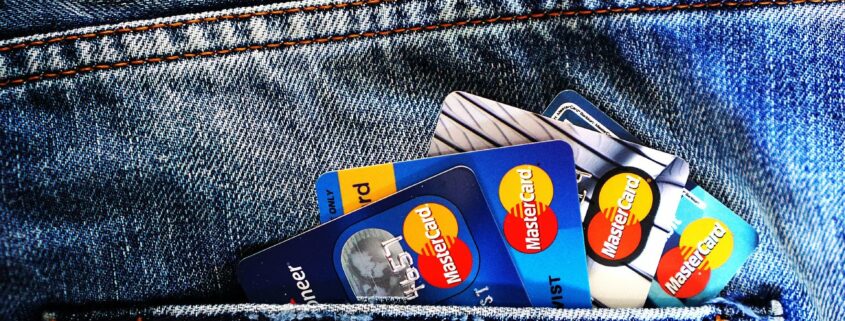How to Dispute a Charge on Your Mastercard Card
Imagine that you order a new pair of shoes online using your Mastercard. When they arrive, though, you realize that you received the wrong brand and size. In this frustrating scenario, your first response should be to contact the merchant directly and try to return the item in question.
Typically, you’ll be able to find the seller’s return policies listed on their website or included in the order confirmation email. This is where you should look for any refund requirements, including a deadline and instructions for how to process a return.
Most merchants are happy to work with you on a straightforward request for a refund. However, if you are denied a refund, there’s another option you can take that might help you recover those lost funds. This is called the chargeback process.
Filing a Chargeback
The chargeback process was first introduced as a consumer protection mechanism. In cases of fraud and abuse, you can dispute a charge made on your credit or debit card and ask your bank (called the card issuer) to reverse the transaction.
It’s important to remember that a chargeback is not synonymous with a refund request. Chargebacks should be seen as a last resort; you should only file a chargeback after all efforts have been exhausted trying to get the merchant to cooperate and resolve the issue.
Contacting your bank is the first step in the chargeback process. The broad strokes of initiating a Mastercard chargeback will look something like the following:
- Contact your card issuer; this is the bank that issued the card, not Mastercard themselves.
- File a dispute and provide an explanation as to why you’re challenging the transaction.
- Your request will be sent to the merchant’s bank (called the acquirer).
- The funds are withdrawn from merchant’s bank account and returned to your account.
Now, the merchant might choose to fight back against the chargeback if they believe the claim is invalid. They have a short window when they can respond, though. Once that deadline passes, they will immediately lose the dispute and the money will be restored to your account permanently.
Why Chargebacks Must be Last Resort
Like we mentioned earlier, you must exhaust all other options to recover your money before turning to the chargeback process.
Too many chargebacks can cripple a business; the more chargebacks a merchant receives, the more they will have to pay in fees. This means that, even if they can bear the costs in the short term, they are likely to raise their prices, which will hurt you and other consumers in the long run. Not only that, but there are also negative consequences for you, the consumer.
If you abuse the chargeback system, merchant takes the chargeback to the arbitration stage and wins the case, you could get hit with a chargeback fee by your bank. Plus, if you get caught filing chargebacks without a valid reason, the bank might start to view you as a liability, and simply terminate your bank account. Not only would you be stuck without a bank account, it might also hurt your credit score.
As we’ve shown, Mastercard chargebacks should only ever be viewed as a last resort. Some chargebacks can be resolved quickly, but the process often drags for weeks or even months, especially when the merchant challenges the claim. In short, chargebacks are simply not the best course of action for any party involved.
The Third Option
Fortunately, there is a third option besides dealing with the merchant or the bank.
At eConsumer Services, we are skilled at securing a refund on your behalf. Our process is quick and efficient, and we provide you a claim form to complete without requiring any sensitive information. Once your claim has been filed, we can get your money back quickly, often within 24 hours or less!



